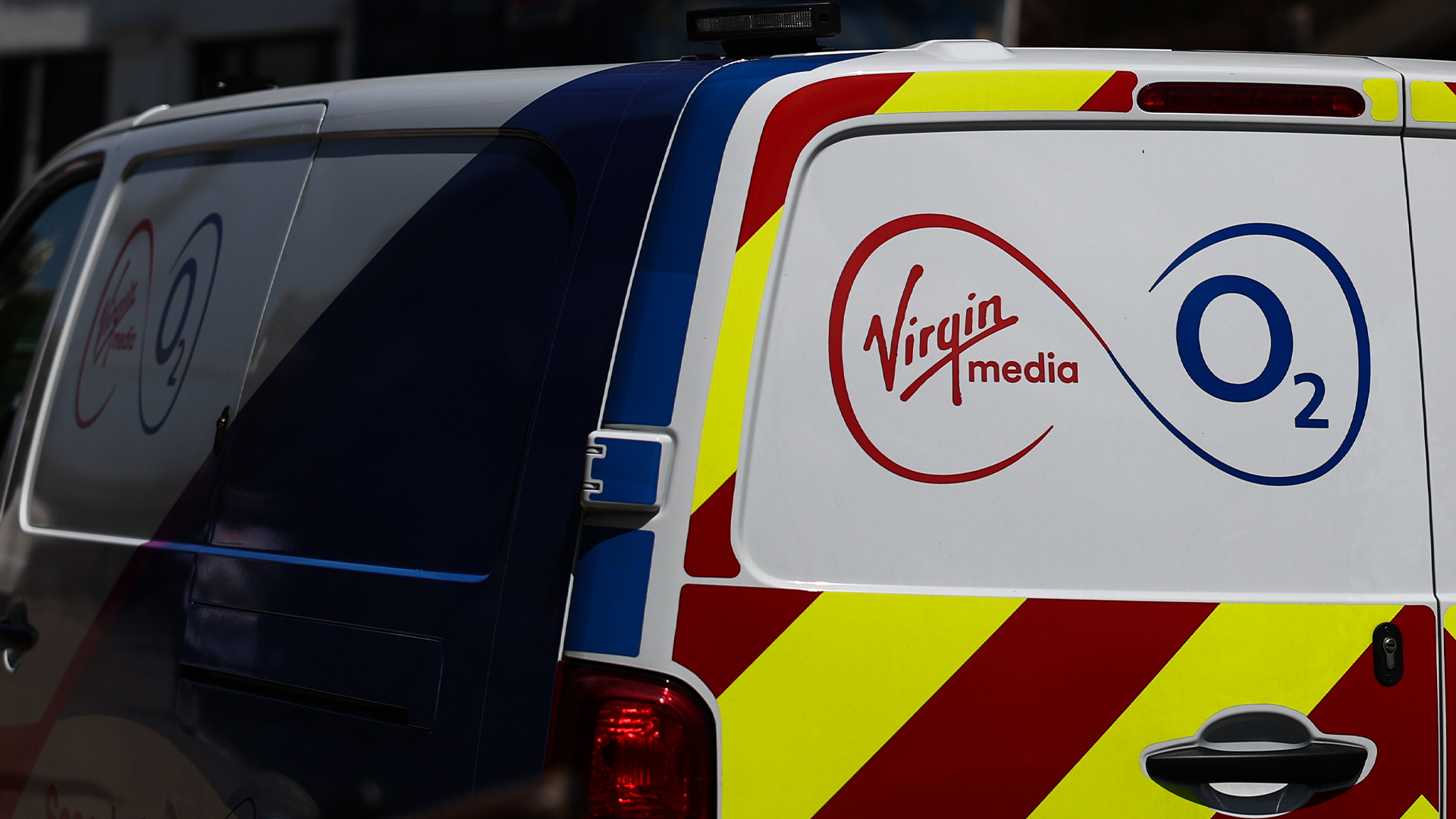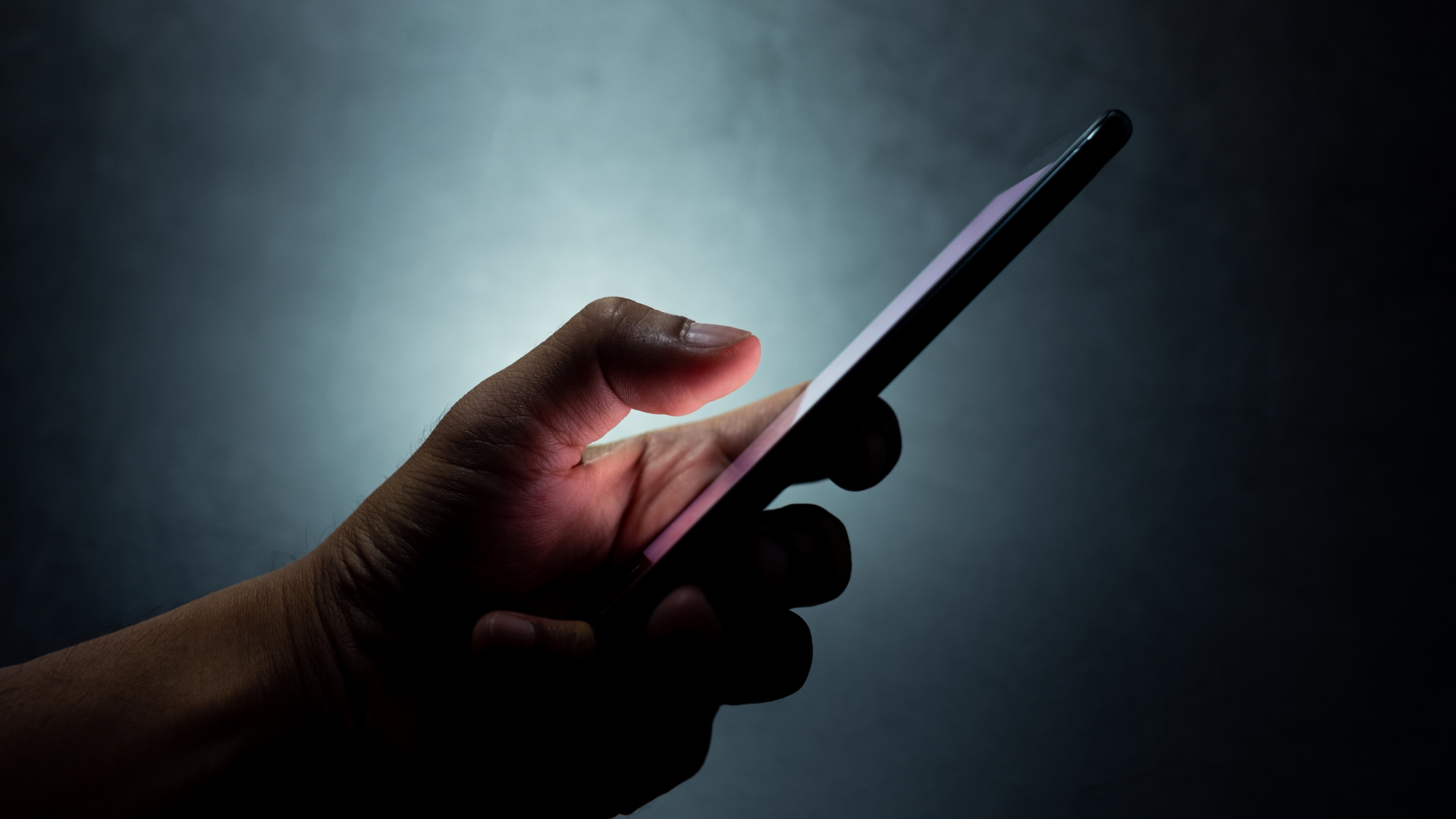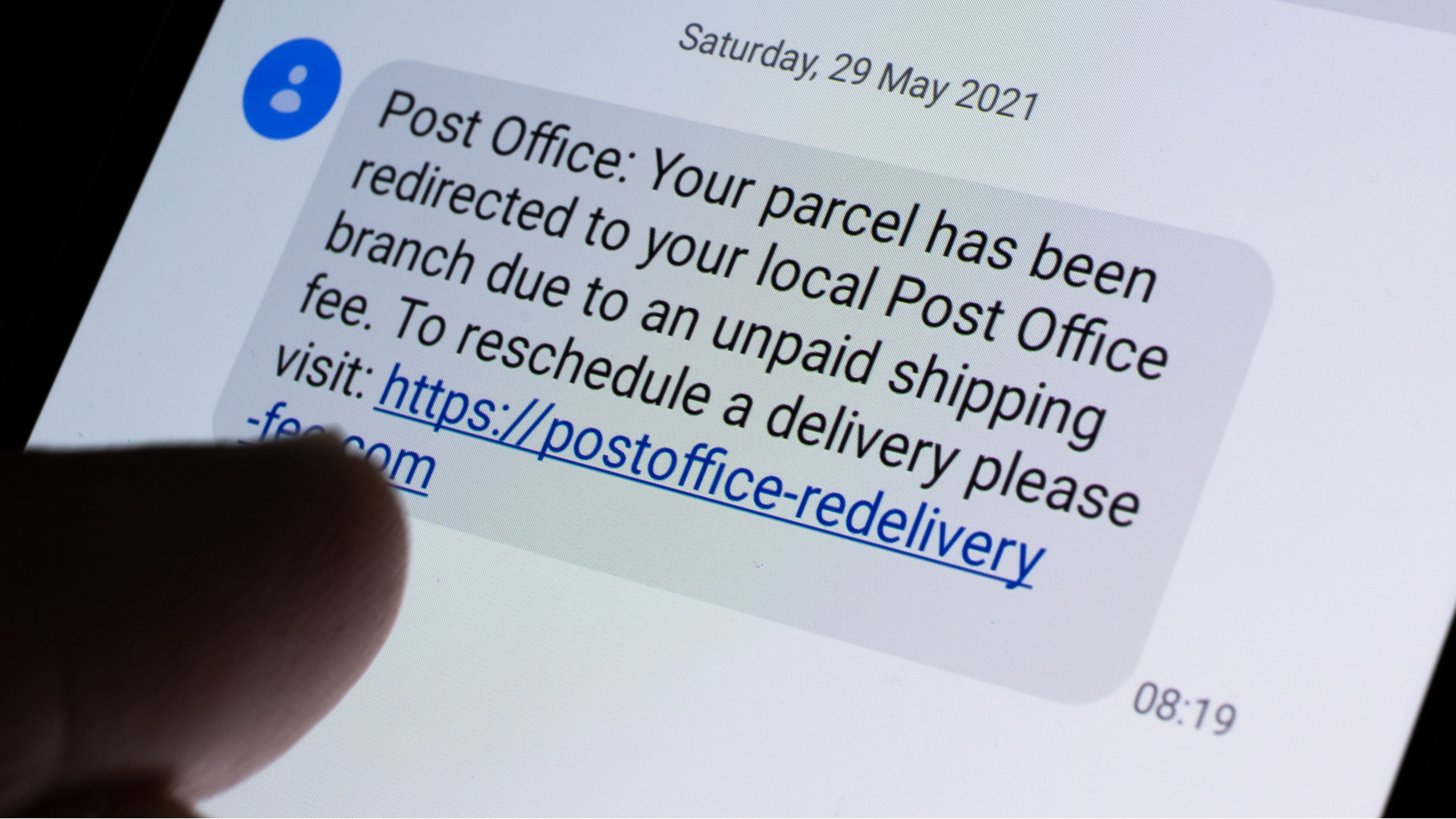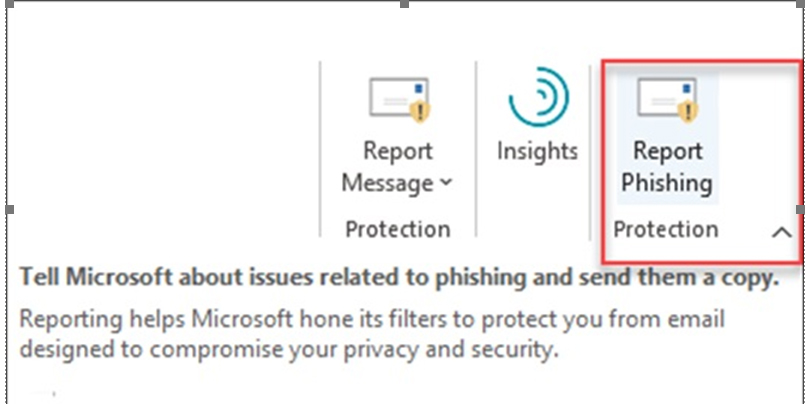Austin Energy warns of scammers soliciting payments in the wake of mass power outages
Criminals threaten to disconnect power unless the customer makes a payment


Sign up today and you will receive a free copy of our Future Focus 2025 report - the leading guidance on AI, cybersecurity and other IT challenges as per 700+ senior executives
You are now subscribed
Your newsletter sign-up was successful
Texas utility company Austin Energy has warned its customers about reports of scammers sending out payment demands to maintain electric service.
After the very unusual wintery weather in the Lone Star state caused thousands of homes to lose power, scammers began calling potential victims as the power company and demanding payment to reconnect their power or prevent disconnection.
In a tweet, Austin Energy said, “scammers are trying to take advantage of our customers in the aftermath of the winter storm. The scammers are telling customers they will be disconnected within 30-60 minutes if immediate payment is not made.”
The utility company added it hadn’t issued a service disconnection since March 2020. Austin Energy also said it would never call residential customers with immediate cut-off deadlines or ask for credit card or wire transfer information over the phone. Neither would it “demand immediate payment in person with cash, gift card, Bitcoin, or any non-traceable form of payment.”
Austin Energy said there were several ways to identify a scam call. First, the fake utility representative aggressively tells the customer their account is past due, and it will disconnect service — usually within an hour — if the customer doesn’t make a large payment. Second, the scammer instructs the customer to quickly purchase a prepaid debit card from a retail store. Lastly, a scammer asks the customer for the prepaid debit card’s number, which grants the scammer instant access to the card’s funds.
Austin Energy said if a customer receives a phone call, letter, or email threatening to interrupt service, they must hang up and dial 311 to report it.
The warning comes as the Federal Trade Commission (FTC) warns of scammers taking advantage of climate change and other extreme weather conditions to fleece victims.
Sign up today and you will receive a free copy of our Future Focus 2025 report - the leading guidance on AI, cybersecurity and other IT challenges as per 700+ senior executives
“If you get a call, thank the caller and hang up. Never call a number left in a voicemail, text, or email. Instead, if you're worried, contact the utility company directly using the number on your bill or on the company’s website. Verify if the message came from them,” said Emily Wu, Attorney at the FTC.
Rene Millman is a freelance writer and broadcaster who covers cybersecurity, AI, IoT, and the cloud. He also works as a contributing analyst at GigaOm and has previously worked as an analyst for Gartner covering the infrastructure market. He has made numerous television appearances to give his views and expertise on technology trends and companies that affect and shape our lives. You can follow Rene Millman on Twitter.
-
 Microsoft CEO Satya Nadella says 'anyone can be a software developer' with AI
Microsoft CEO Satya Nadella says 'anyone can be a software developer' with AINews AI will cause job losses in software development, Nadella admitted, but claimed many will reskill and adapt to new ways of working
-
 Virgin Media O2 names Vivo finance chief David Melcon as CFO
Virgin Media O2 names Vivo finance chief David Melcon as CFONews Melcon brings more than 25 years’ telecoms experience as the operator looks to build on recent momentum
-
 C-suites consider quantum a serious threat and "amazing" deepfake attacks are just 'months away'
C-suites consider quantum a serious threat and "amazing" deepfake attacks are just 'months away'News Deepfake technology has matured at a rapid rate, and video scams are likely to be a on par with the more convincing voice-only campaigns very soon, one expert says
-
 Shiseido reportedly suffers data breach
Shiseido reportedly suffers data breachNews The Japanese cosmetics company has been accused of failing to notify affected staff of the leak
-
 Almost a quarter of all spam emails were sent from Russia in 2021
Almost a quarter of all spam emails were sent from Russia in 2021News Last year's spam emails mostly centred around money and investment, Bond and Spider-Man movie premieres, and the pandemic
-
 HMRC issues scam warning ahead of Self Assessment deadline
HMRC issues scam warning ahead of Self Assessment deadlineNews The department stated that 2021 has already seen 797,010 tax-related scams reported
-
 Ofcom report reveals alarming uptick in smishing attacks
Ofcom report reveals alarming uptick in smishing attacksNews Text-based scams now more common than phone calls among young adults
-
 Smishing attacks increased 700% in first six months of 2021
Smishing attacks increased 700% in first six months of 2021News Which? has urged businesses to play their part to protect people from text message scams
-
 Delivery scams become most common form of smishing
Delivery scams become most common form of smishingNews Cyber security provider Proofpoint finds a major increase in the number of threat actors impersonating postal services
-
 NCSC simplifies Outlook scam-reporting tool
NCSC simplifies Outlook scam-reporting toolNews Users are now able to report phishing emails with just one click
